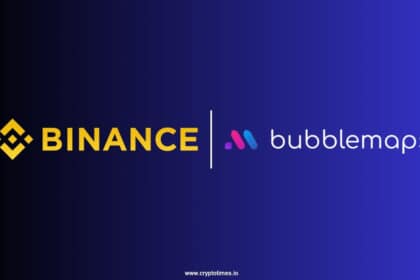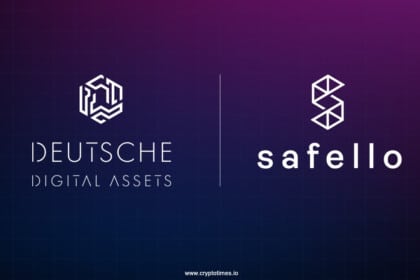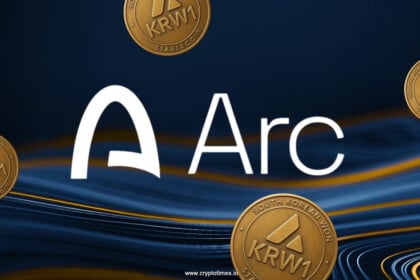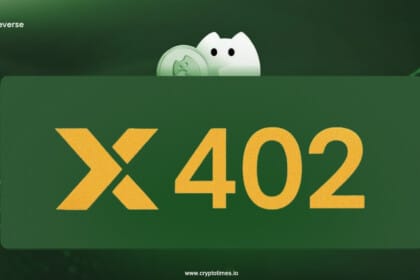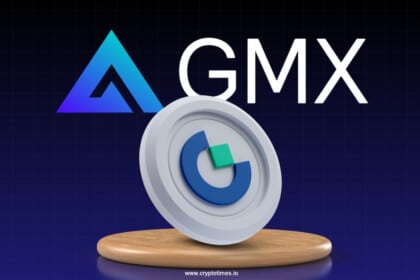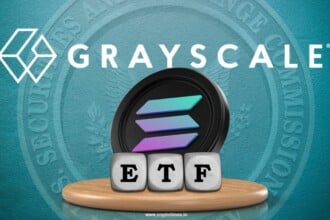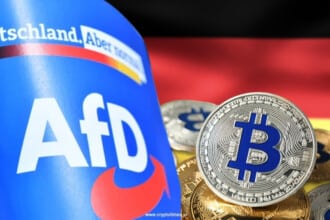In a sharp response, OpenAI has publicly disowned Robinhood’s latest move to offer tokenized shares of private firms, including its own. The artificial intelligence company made it clear that it had no role in the offering and did not approve the use of its name in connection with tokenized equity products.
“These ‘OpenAI tokens’ are not OpenAI equity,” the company wrote on X. “We did not partner with Robinhood, were not involved in this, and do not endorse it. Any transfer of OpenAI equity requires our approval — we did not approve any transfer. Please be careful.”
The strong statement comes just two days after Robinhood CEO Vlad Tenev announced a new product for EU-based users, allowing them to gain exposure to private companies like OpenAI and SpaceX through tokenized shares. More than 200 companies are expected to be part of the offering.
The new feature falls under what Robinhood calls “stock tokens” — digital contracts that follow the price of real company shares. These contracts are tracked on-chain, but they do not offer real equity ownership.
The platform clearly states: “When buying stock tokens, you are not buying the actual stocks — you are buying tokenized contracts that follow their price, recorded on a blockchain.”
Robinhood’s push into tokenized stocks is part of a larger expansion that also includes staking, perpetual trading in the U.S., and a new Layer 2 blockchain built on Arbitrum (ARB).
But Robinhood isn’t alone in this trend. On June 25, investment platform Republic also said it would launch tokenized shares of private AI firms, including OpenAI and Anthropic. Republic clarified that while these tokens track share prices, they don’t give holders any shareholder rights.
OpenAI’s public objection, however, highlights a growing grey area in tokenized finance. With platforms racing to offer on-chain exposure to private equity, the legal and ethical boundaries are now under scrutiny.
Also Read: Shiba Inu’s Exec Names WazirX Among Failed ‘Solid’ Exchanges



